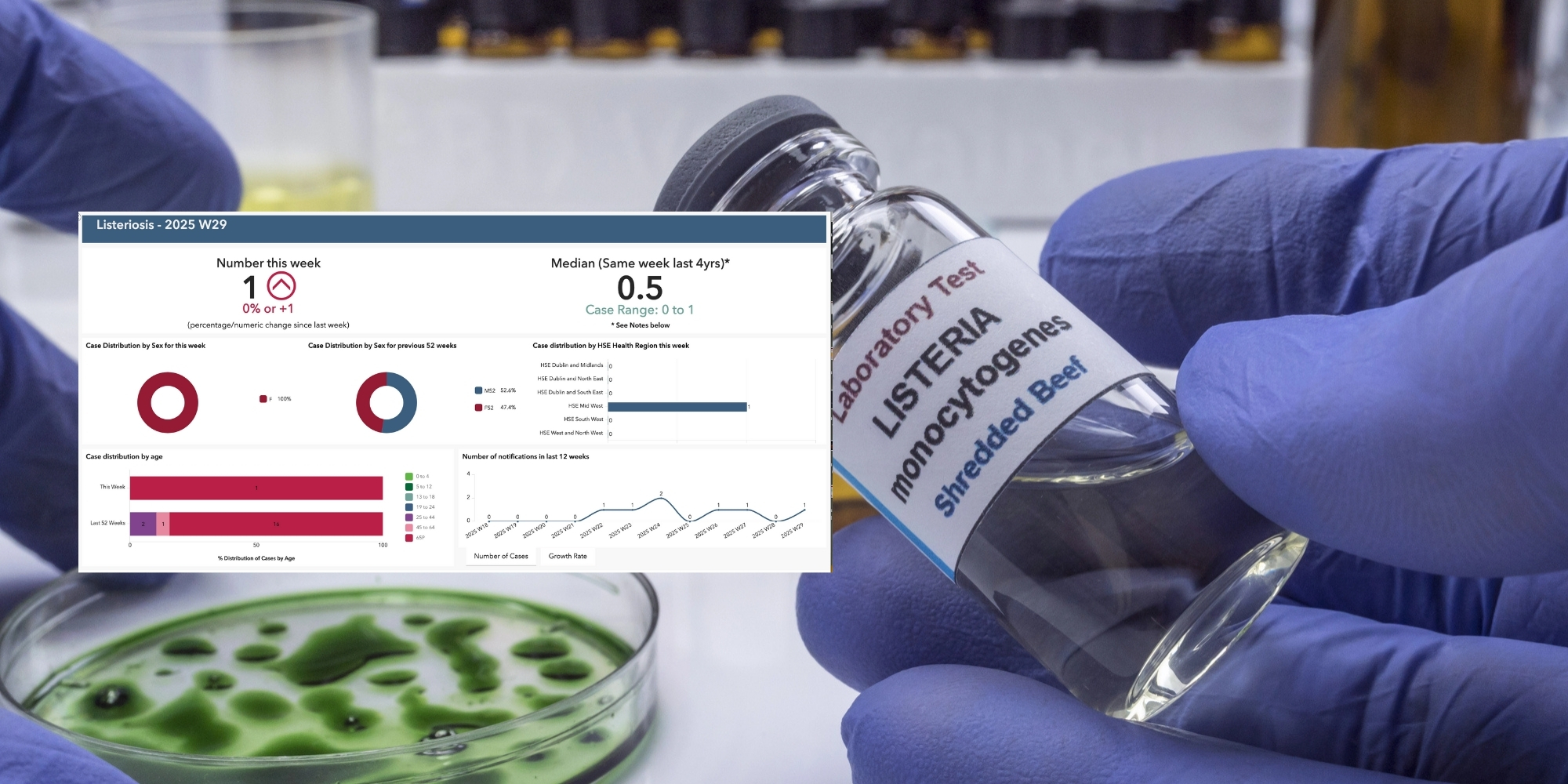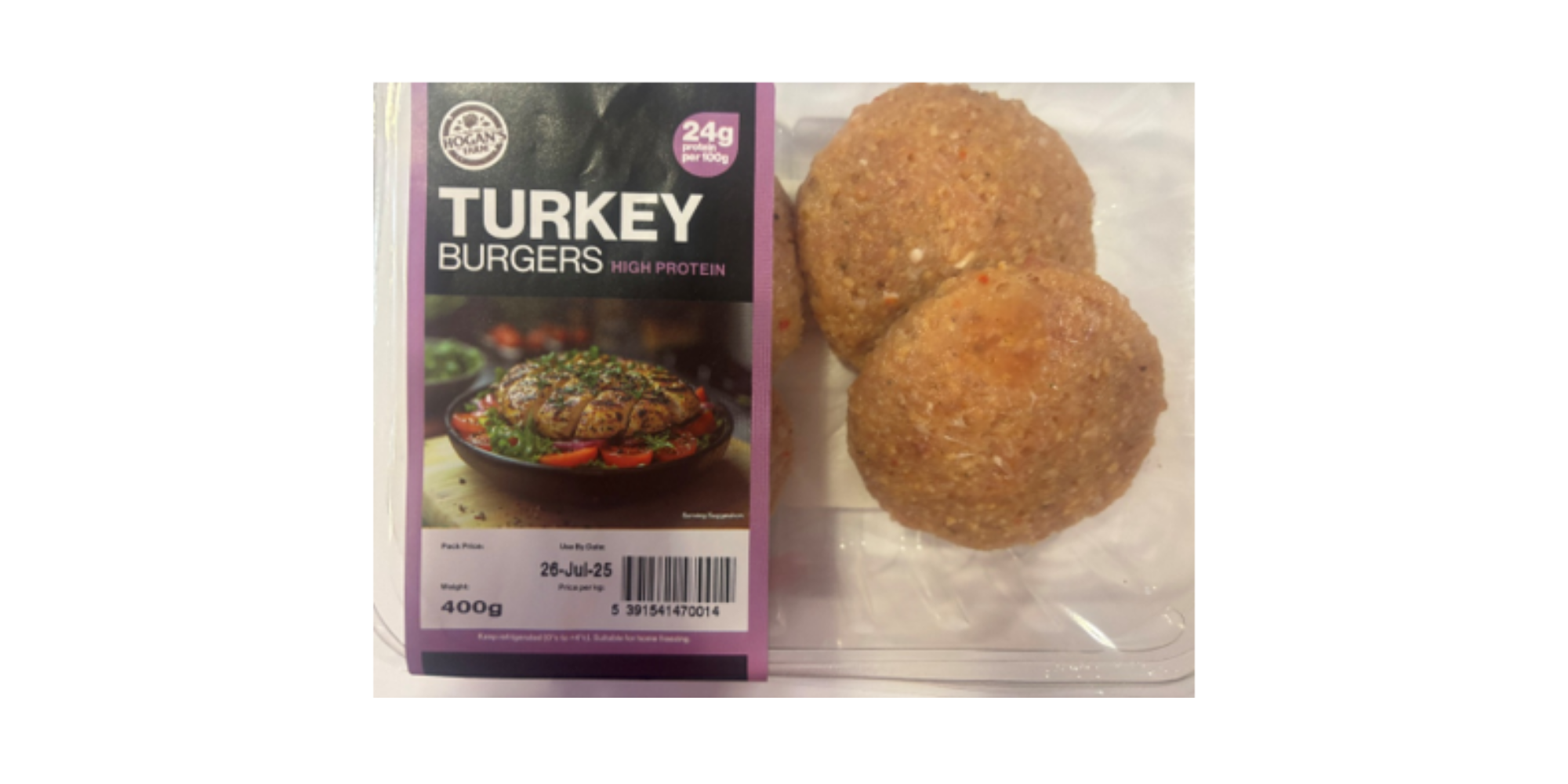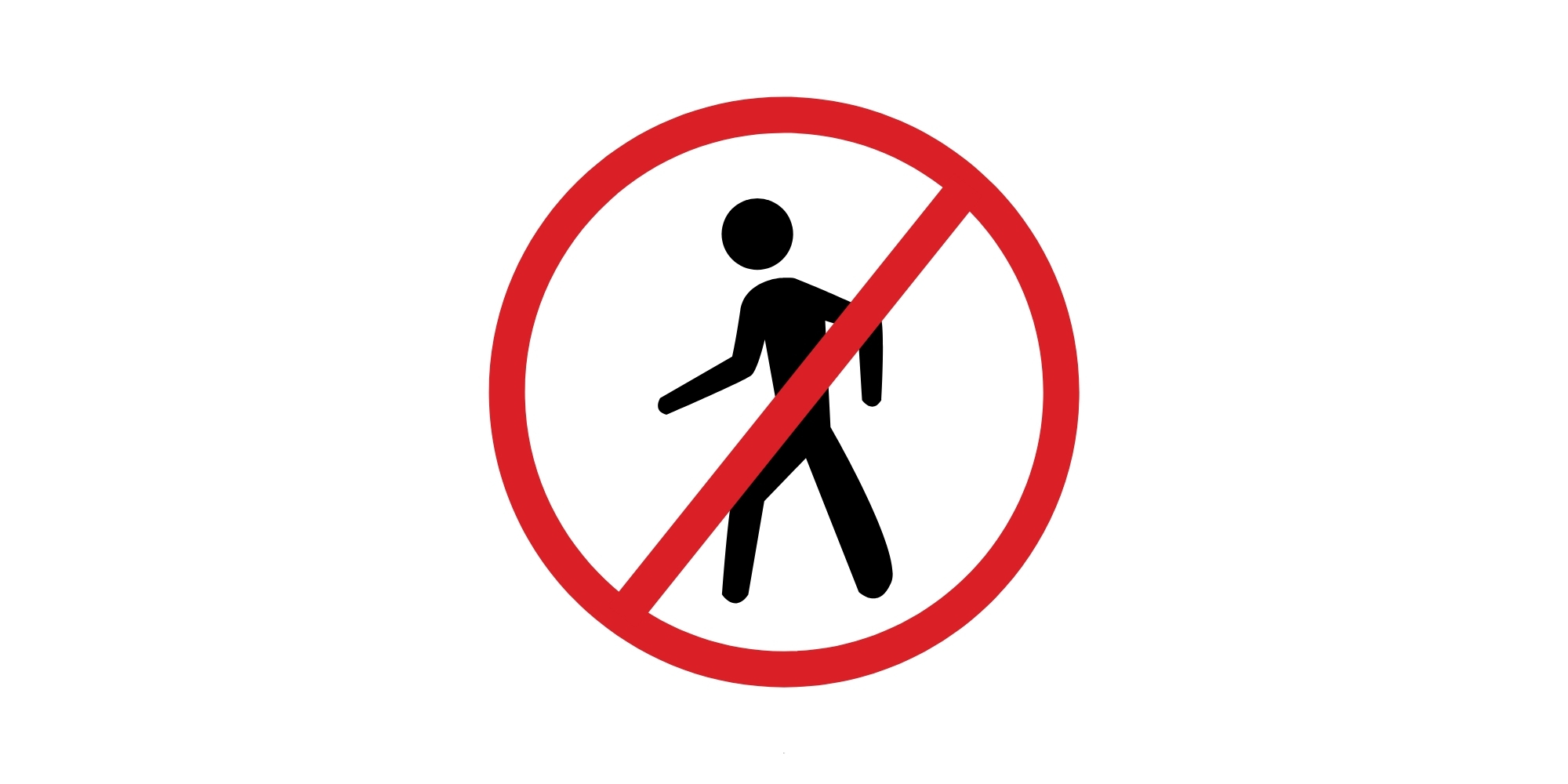Listeriosis Symptoms: What to Watch For Following Recent Irish Death
Listeriosis death confirmed in Ireland: Know the symptoms - fever, muscle aches, confusion. Seek help if unwell after ready meals

Health authorities are urging the public to be aware of listeriosis symptoms following confirmation that an adult has died from the rare bacterial infection in Ireland, as the HSE investigates an outbreak linked to contaminated ready meals.
Listeriosis, caused by the bacterium Listeria monocytogenes, is a serious infection that primarily affects pregnant women, newborns, older adults, and people with weakened immune systems. While relatively rare, it can be life-threatening if left untreated.
The Health Service Executive's Health Protection Surveillance Centre confirmed it is investigating the death, which occurred as part of an outbreak affecting nine people across Ireland. The Food Safety Authority of Ireland has linked the outbreak to contaminated ready meals, leading to the recall of 141 products from major retailers.
The infection typically develops within two weeks of consuming contaminated food, though symptoms can appear as early as a few days or as late as 70 days after exposure. Initial symptoms often resemble flu, including fever, muscle aches, nausea, and diarrhoea.
In severe cases, the infection can spread to the nervous system, causing headaches, stiff neck, confusion, loss of balance, and convulsions. Pregnant women may experience only mild flu-like symptoms, but the infection can lead to miscarriage, stillbirth, premature delivery, or life-threatening infection of the newborn.
Healthcare professionals stress that anyone experiencing symptoms after consuming ready meals should seek medical attention immediately. Blood tests or spinal fluid tests can confirm the diagnosis, and the infection is treatable with antibiotics when caught early.
Listeriosis is a notifiable disease in Ireland, meaning all medical practitioners, including clinical directors of diagnostic laboratories, are required to report cases to the Medical Officer of Health or Director of Public Health. This information helps investigate cases, prevent spread of infection, and identify outbreaks early.
High-risk individuals are advised to avoid certain foods, including unpasteurised dairy products, soft cheeses, deli meats unless thoroughly heated, and ready-to-eat foods that have been stored for extended periods.
Local retailers have moved to reassure customers about their own products. Ryan's SuperValu Glanmire posted on social media:
"In light of media reports and customer concerns in relation to product recalls within the market with regards some Ready Meals, we would like to reassure customers that all of the Ryan's Supperpot Range is made in our own kitchens and is perfectly safe to consume."
The current outbreak has prompted extensive testing of food production facilities. Ready meals including chicken curries, lasagnes, cottage pies, and various side dishes have been recalled from Tesco, SuperValu, Centra, and Aldi stores as a precautionary measure.
Anyone who has purchased affected products should dispose of them immediately and monitor for symptoms. The incubation period means individuals could still develop symptoms weeks after consumption.
For a complete list of recalled products and batch codes, readers can check the FSAI website or our previous coverage of the recall announcement.
Health authorities continue to investigate the source of contamination while reinforcing that listeriosis, though serious, remains rare in Ireland. Early detection and treatment significantly improve outcomes, making public awareness of symptoms essential.



